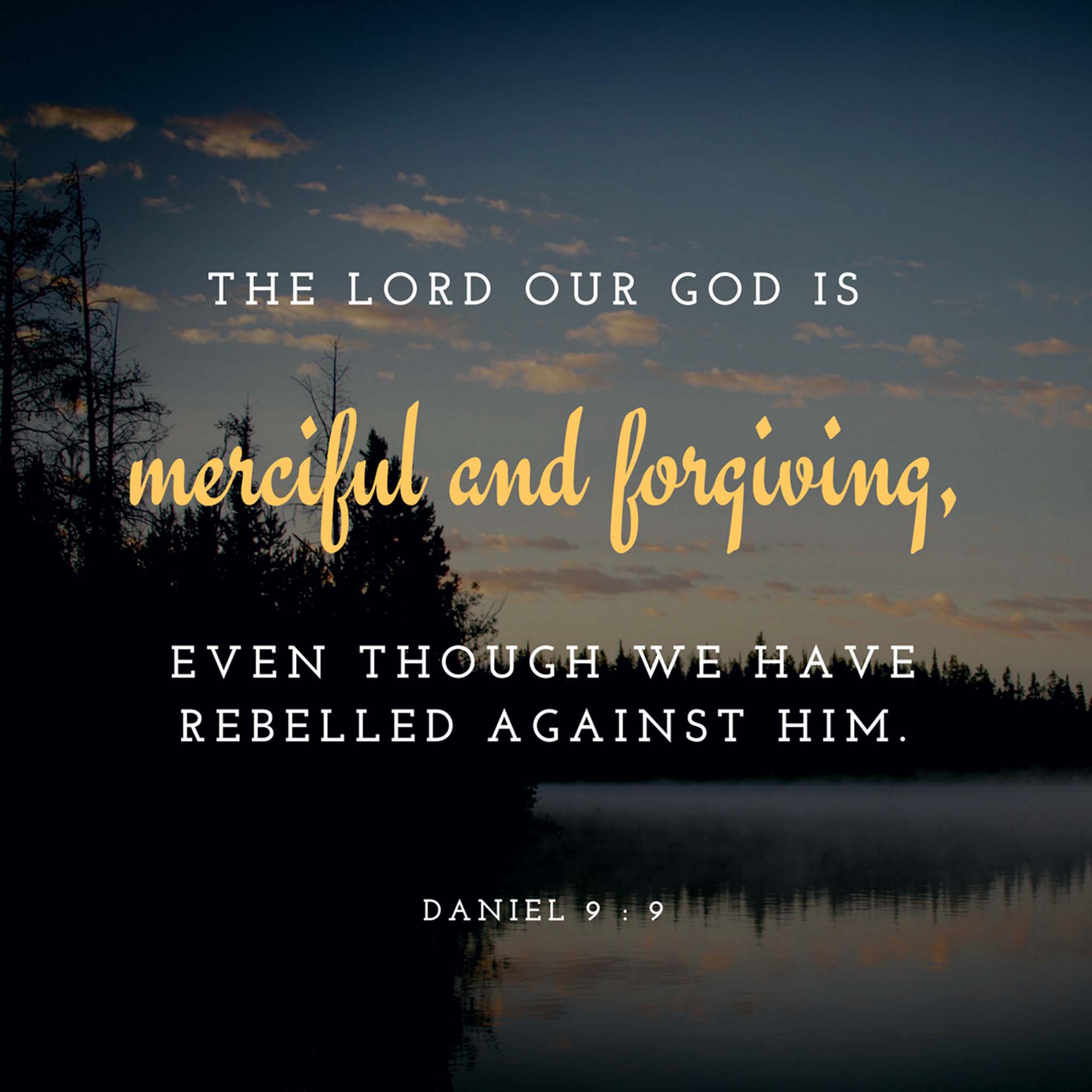Monday Nov. 25
One of my heroes in the Bible has always been Paul. He is the perfect example of how no one is beyond God’s reach. Previously known as Saul of Tarsus, he was a respected and highly educated Pharisee (Acts 22:3,23:6) who not believing Jesus to be God, saw Christians as blasphemers; deserving of persecution and death. So it should come as no surprise when we learn in Acts 9:1-2 that Saul asked for letters from the high priest that he could present to the synagogues in Damascus, allowing him to take all followers of Jesus as prisoners. (Acts 9:1-2). Once he got those letters, Saul set out to round up believers and dole out his punishment. It was while he was on the road to Damascus, that God got a hold of Saul and “used temporary blindness and humiliation to transform the zealous Pharisee named Saul into the powerful Apostle and missionary named Paul who spread the gospel and planted churches across the Roman world.” (Dr. Charles Stanley) (Acts 9:1-20)
Now here in 2 Corinthians we find the transformed Paul who, after establishing the church in Corinth, is having his credentials questioned by some false teachers in the church. They’re looking for his letter of commendation. Letters of commendation were usually sent with traveling Christians in the early church to weed out false teachers or those claiming to be apostles. Paul lets these doubters know that his letter is the church itself with Jesus as its author. The proof could be seen through the transformation of both Paul, and the members of the church themselves. A transformation possible because of the indwelling of the Holy Spirit. So now, unlike the veiled faces of those who reject Jesus as their Savior and continue to live in darkness, for those who turn to Jesus, “the veil is taken away” (vs. 16). This allows Christians to not only see the glory of God, but to become, “transformed into the same image from glory to glory, just as from the Lord, the Spirit.” (vs. 18)
But what does it mean to be transformed from glory to glory? “Glory to glory is not moving from one state of euphoria to another. It is not going from one state of being lost in the spirit to the other. To go from glory to glory, to be ever-increasing in glory, is to continually be changed into what you were created to be. It is to be conformed to His likeness. It is increasing in the character and nature of God.” (Pastor Harold Martin) Our God is so loving that He never wants to leave us as He found us. And so He gives us of the gift of the Holy Spirit who, if we let Him, will take our sinfulness, wickedness, brokenness, and hardheartedness, and through God’s saving grace, transform us from a Saul to a Paul.
This isn’t to say that our transformation will come easy. For the Christian walk rather than a weekend getaway, is a lifelong journey of growth and change. There will be times when that change will be hard, frustrating, and painful. And there will be days when it may be two steps forward and three steps back. But if we keep seeking God, allow the Holy Spirit to work both in and through us, change will come. We are all God’s glorious works in progress, and one day when we dwell with Him forever, we will be perfect reflections of His image and glory. Until then keep trusting God, keep moving forward, and remember this quote by Joyce Meyer which says, “I may not be where I want to be, but thank God I’m not where I used to be!”


















